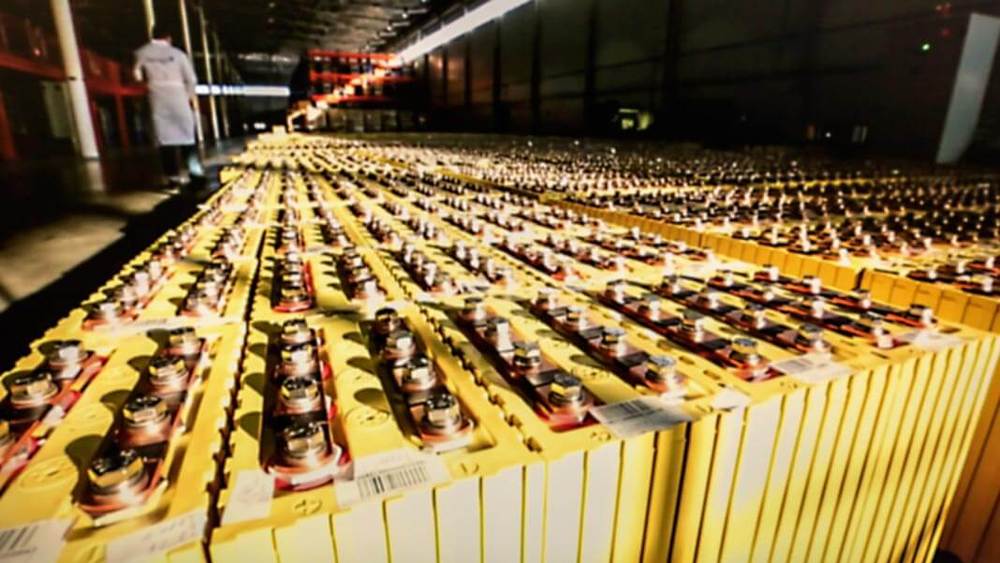Endemic to the mountain forests of New Guinea, the King of Saxony bird-of-paradise (Pteridophora alberti) is best-known for the flamboyant, mate-attracting efforts of its males. The bird’s courtship displays – which often double as a means of keeping competitors at a comfortable distance – make use of bright yellow breast feathers, wildly waving head plumes and peppy dance manoeuvres capped off with an exceptionally outsized, almost otherworldly bit of squawking. This video from the Cornell Lab of Ornithology provides a rare glimpse into the world of this idiosyncratic little bird, which has proven notoriously difficult to photograph in its rugged natural habitat.
Director: Tim Laman
Websites: Cornell Lab of Ornithology, Birds of Paradise Project.





